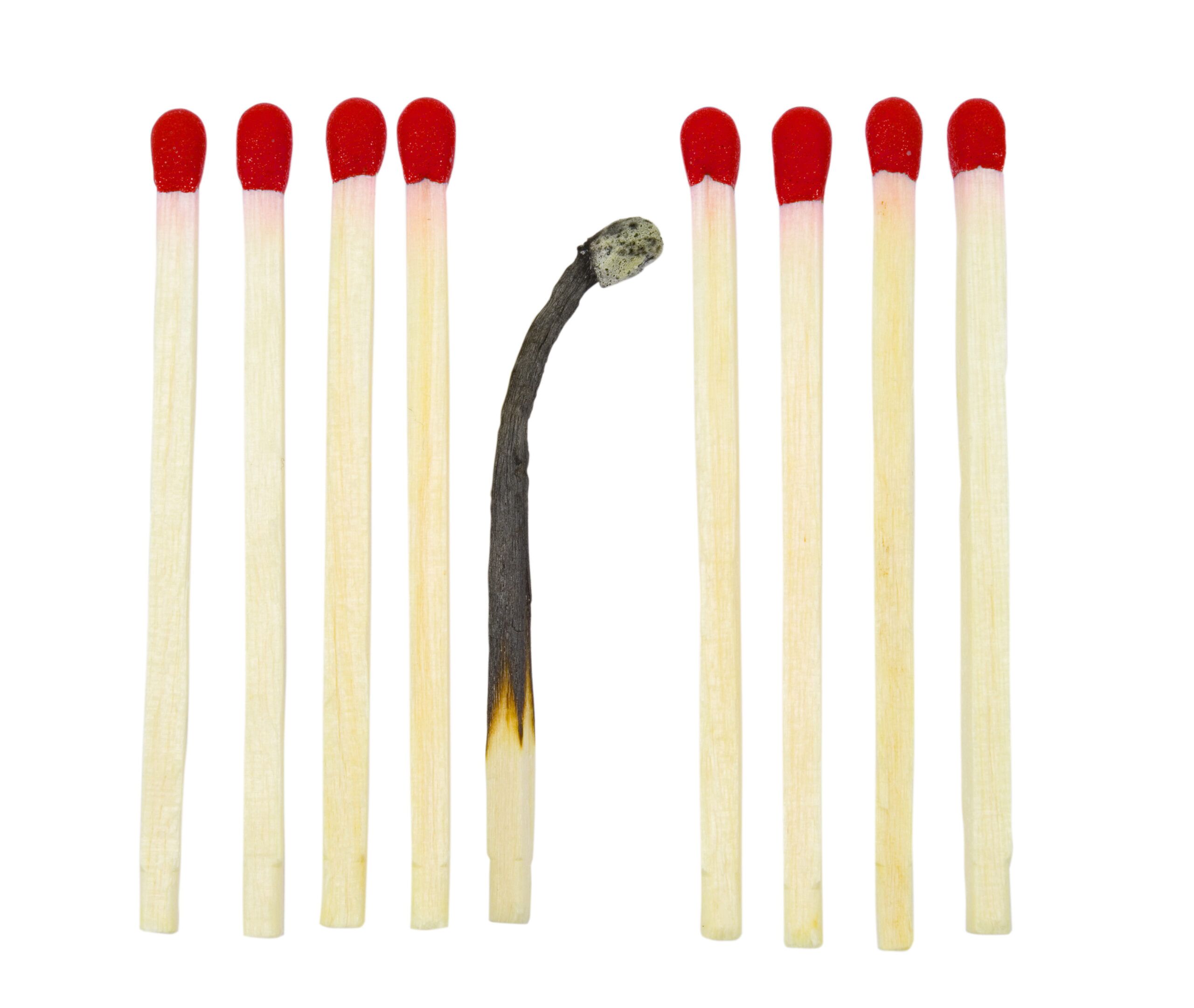By: Eva Szekeres, MA, PCC
BURNOUT versus STRESS
Have you recently felt …
tired, run down, drained, lacking in physical and emotional energy or enthusiasm? Have you had negative thoughts about your job, felt unappreciated by co-workers, felt that you achieve less than you should and even the activities you used to be looking forward to seem like a chore?
You might think: it was a long day at work, or it is the end of the Winter? Or…?
Any of those may be true, but it might be the sign of a more insidious thing: burnout. We can imagine a house burned out, but how does it look in us? What it is exactly? How is it different from Stress?
The main symptoms of Burnout are, ironically, “I.C.E.:”
- Inefficacy: dragging your feet every day, feeling that there is a decrease in your productivity, and achievement.
- Cynicism: not being engaged as before, feeling alienated from your colleagues, not seeing the big picture of your work or thinking that it is meaningless, feeling like just a cog in a wheel, lack of professional fulfillment, self-criticism, negativity.
- Exhaustion: having a hard time focusing on what you do, getting easily upset, getting sick more frequently, having trouble sleeping, chronic fatigue, anger at those making demands, irritability.
The difference between burnout and stress:
Stress involves too much: too much pressure that demands too much of you physically and psychologically. It also means over-engagement, being over-reactive, hyperactive, anxious. It causes primarily physical damage, which might kill you prematurely.
Burnout is about not enough: feeling empty, devoid of motivation. Disengagement, feeling blunted, helpless, hopeless, a loss of motivation, ideas, hope, which leads to depression. In burnout the primary damage is emotional, it makes life seem not worth living.
We are usually aware of being under a lot of stress, but we don’t always notice burnout when it happens. Burnout leads to accidents, arguments, breaks relationships and costs the bottom line. It is crucial for leaders to recognize the signs early enough to prevent full-blown development of this psychological state, which takes much more time to heal than to prevent.
Work-related Causes of Burnout
Burnout happens when we are not in balance anymore between our work demands (stress, long hours, deadlines, too many bureaucratic tasks) and our inner needs (relaxation, recognition, rewards).
Things that contribute to this state of burnout in the workplace:
- Workload (more to do than ability to do, doing monotonous or unchallenging work, long hours)
- Control (you have little or no control over your work; working in a chaotic or high-pressure environment)
- Reward (you feel you lack recognition or reward for good work)
- Community (lack of close, supportive relationships, not enough time to socialize)
- Fairness (unclear or overly demanding job expectations)
- Values (mismatch between your values and the companies values, how you can express these values daily)
If one or more of these areas are in mismatch/conflict with our inner needs, you will need to pay more attention to avoid burnout in the long-term.
Your lifestyle and personality traits can also contribute to burnout. (For instance, not having enough time to relax or socialize, lack of close relationships, not getting enough sleep, having perfectionistic tendencies or a pessimistic worldview, needing to be in control, having a high-achieving Type A personality)
What are the risks of burnout?
Besides not having fun when you are experiencing burnout, it also impairs your personal and social functioning and impacts your cognitive skills like your memory, attention, and it can also cause emotional problems. Several studies found that burnout significantly increases the risk of coronary heart disease and accelerates the thinning of the brain’s frontal cortex – which is essential for our cognitive functioning.
So, if you are worried you are experiencing burnout, what can you do?
Solutions
Prevention is the best cure.
One obvious way is to make your workload easier to manage—delegating more, saying “no” more often, and writing down what’s making you feel stressed at work. Setting boundaries: saying “no” to requests so you can say “yes” to the things that give you joy. Reframing the way you look at work: focusing on aspects that you enjoy or where you can see value.
But you also need to find ways to relax and enjoy life again.
- Focus on your daily self-care. Make sure you eat well, drink plenty of water, avoid nicotine and drink alcohol in moderation, exercise, and sleep a minimum 7 hours per night.
- Take time off. Remember what you do to relax, and find more time to do these activities: recharge your batteries before it is too late. Give yourself the time to reflect, slow down, rest, heal, take a break from technology, try yoga, meditation, deep breathing.
- Add something new to your life that rejuvenates your energy, nourishes your creative side, do something that have nothing to do with work.
- Re-evaluate your priorities. Refocus on the “Big Picture” and a long-term perspective of your life: your goals, dreams, hopes, what do you neglect, what is truly important. Know what is truly important to you, what you enjoy and schedule time for doing these activities on a regular basis.
- Social contact is a great antidote to stress and burnout. Turn to other people, reach out to others. Invest in positive relationships with your partner, family, friends; be more sociable with co-workers develop friendships, engage with colleagues instead of your phone, consciously create stronger social ties.
- Connect with a cause or a community that is personally meaningful to you. Help others.
What is your favorite strategy to prevent burnout? Share it with us below!
To discuss your stress or burnout with Eva ,
Contact Her Today.

